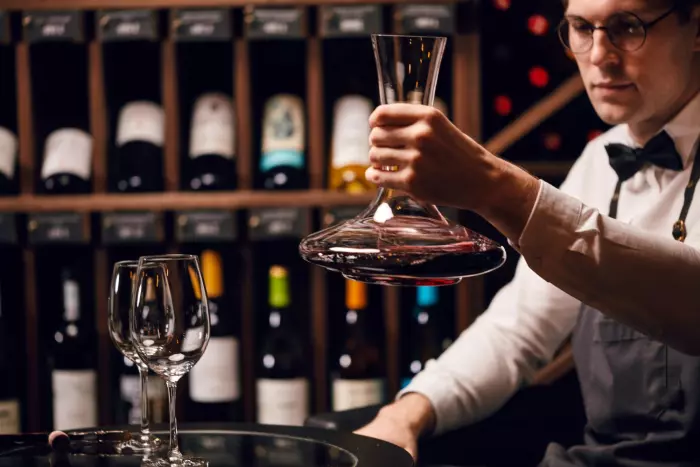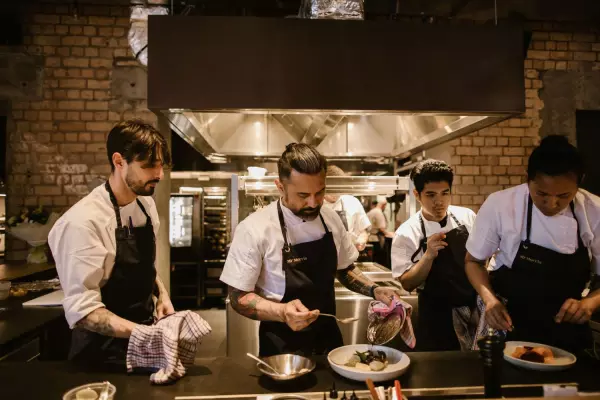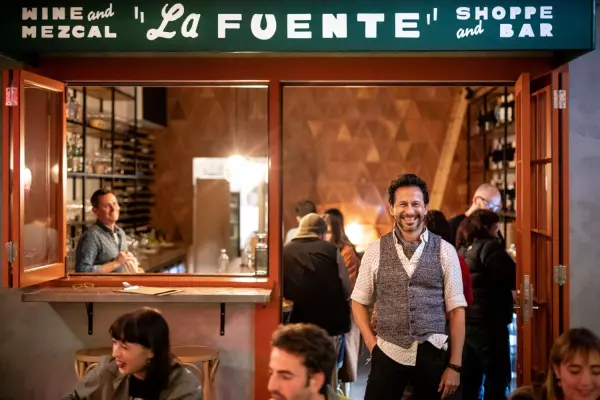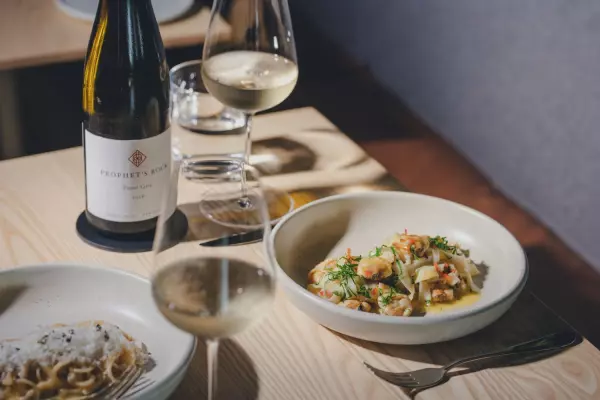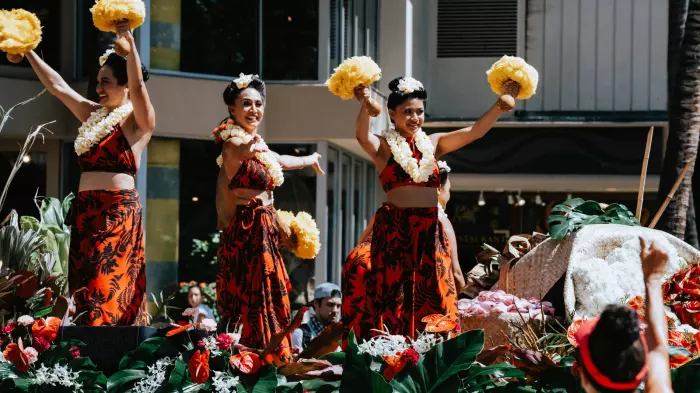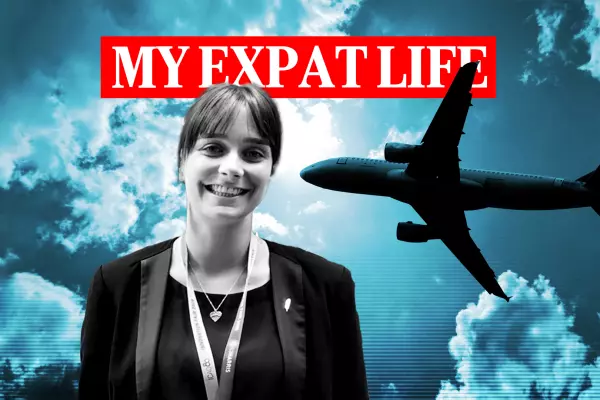There was a time in my life when the only wine I dared to order was a sauvignon blanc (which everyone calls “sav”, so I wasn’t in danger of mangling the name) or, to be even safer, the “house white”. Growing up in a non-drinking household meant pinots and gamays were much more foreign to me than matcha tea or cold-brew coffee, and trying to learn more about them wasn’t always easy – especially when navigating through the snobbishness wine culture sometimes suffered from. But that period, thankfully, is over.
“I think the perception of ‘wine wank’ has become a thing of the past,” Angie Atkinson, wine writer and certified sommelier, tells me. “Wine people are fun and engaging and have learnt that in order for consumers to grow their knowledge, it needs to be presented in a relatable way.”
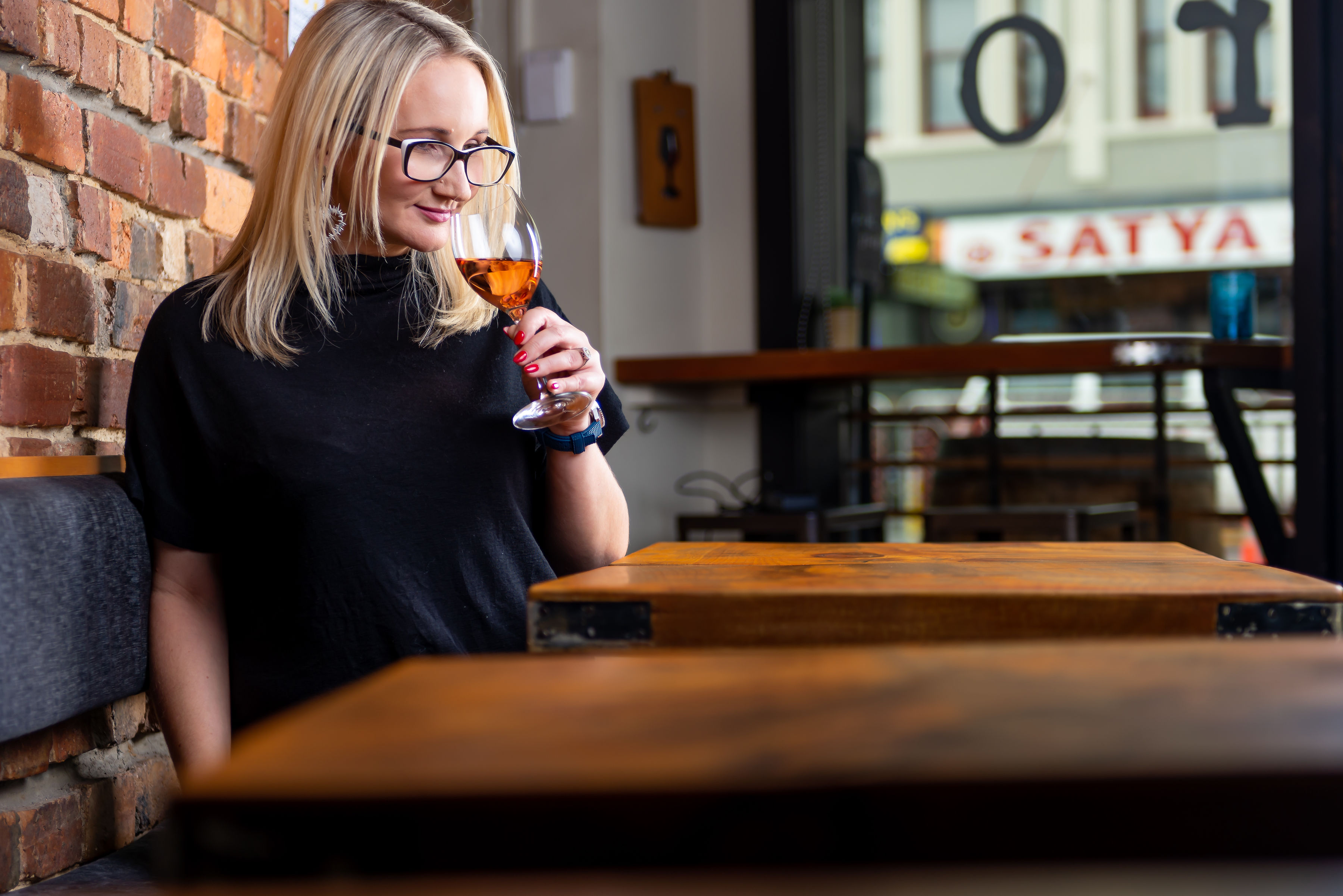 Wine writer and sommelier Angie Atkinson
Wine writer and sommelier Angie Atkinson
Learning about wine is more accessible than ever, and wine vendors are finding different ways to capitalise on a growing interest. Crowd-sourced review apps like Vivino allow everyone, certified or not, to have an opinion and wine events like Winetopia and Craft’d Wine Festival give consumers the chance to chat to makers directly, no matter how deep into vino they may be.
The rising awareness has also spanned age groups, with a younger generation of drinkers pulled in by the trend to natural wine, though the technique’s history spans thousands of years. All in all, it’s now very cool to be into wine.
A few years ago, subscription company WineFriend launched in New Zealand, offering a bespoke service where experts evaluate your taste buds through an online quiz, select suitable bottles of wine, send them out, and then adjust your next box according to feedback.
If WineFriend is like a low-maintenance mate who shows up every once in a while to get you drunk, Noble Wines is a personal coach which can hold your hand through scary times – or the tricky world of wine. The company’s Wellington-based directors, Josh Pointon and Maciej Zimny, offer a more-personalised service, with open lines of communication between them and the customer. “It’s more about trying to give our clients a little bit more information than just what’s on the back of the bottle,” Pointon says.
After an initial consultation, face-to-face or over the phone, the team will send out a curated case of wines with notes about how to match them to food and how long to keep them, and also about the stories behind the bottles. “People are interested in what the wine stands for. If you can convey that story to the person drinking the wine, that person is far more likely to enjoy that experience,” Pointon says.
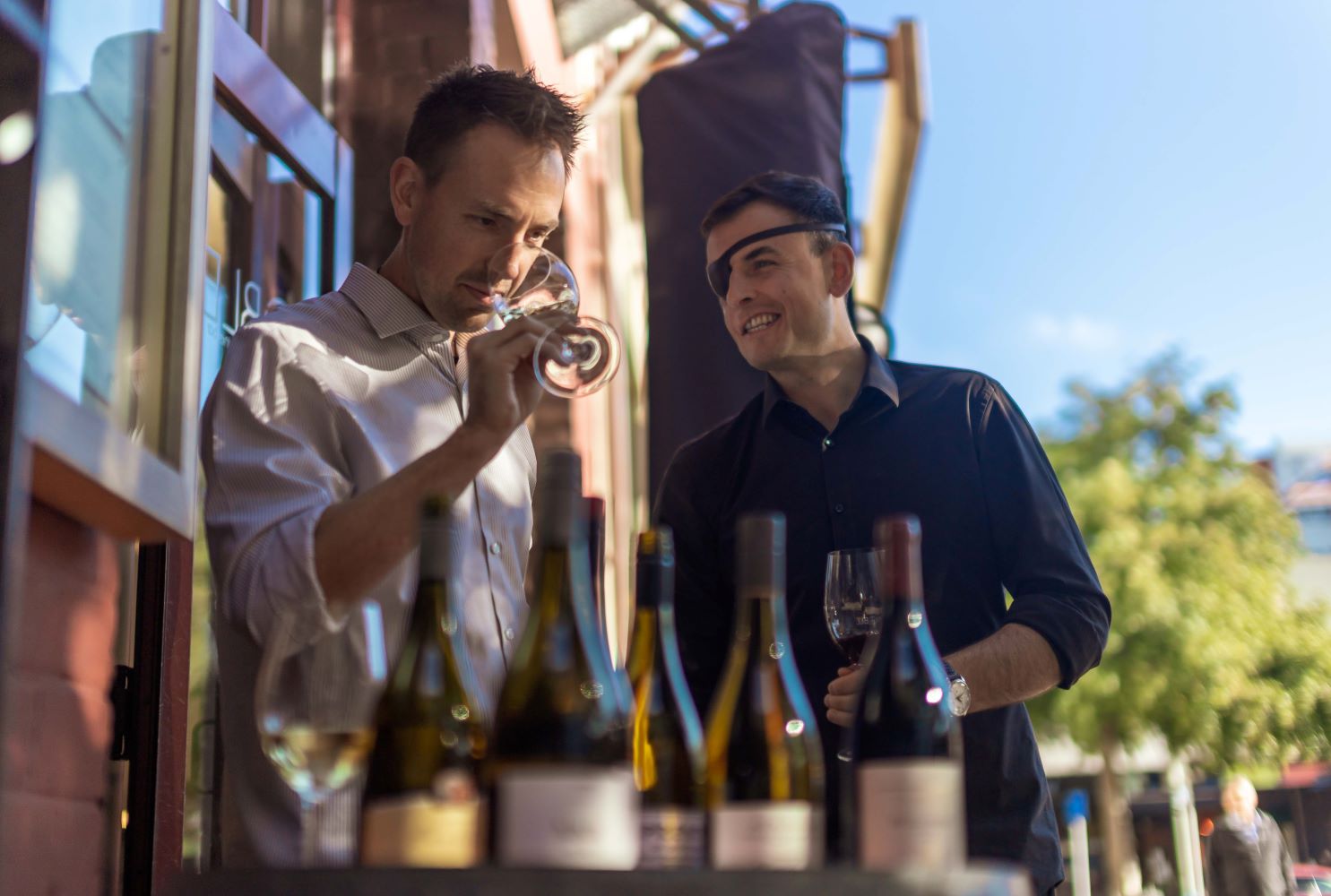 Josh Pointon and Maciej Zimny
Josh Pointon and Maciej Zimny
Angie Atkinson concurs that this phenomenon is one of the reasons there has been a steep rise in interest in wine – people want to know what they’re putting into their body. “Is it organic? Sustainable? And what effect does it have on the environment?”
A lot of Noble Wines’ clients come from its front-facing business, Noble Rot, a wine bar in the central Wellington precinct of Te Aro. It pulls in the punters and, in a comfy setting, exposes them to what the company does, helping them to put aside any feelings of intimidation that could stop them straying from their usual tipple.
“You don’t have to be directly involved in wine or have a massive interest in wine,” says Pointon. “We are there to help people understand wine, whether you’re a novice or an expert.”
There’s an obvious time-saving appeal in subscribing to a service like this, as opposed to taking more-structured courses. Here, you can be as high-maintenance as you want to be, whether that’s getting nerdy about it all, or just sitting down to slowly enjoy a bottle at dinner. With such a personalised service, the levels of technicality can be dialled up or down depending on your expertise and individual needs.
“There’s definitely been really good dialogue going on as to what we’re enjoying,” Muollo says. “My husband and I are getting more specialised in what we’re drinking. We’re getting a lot more fussy, actually.”
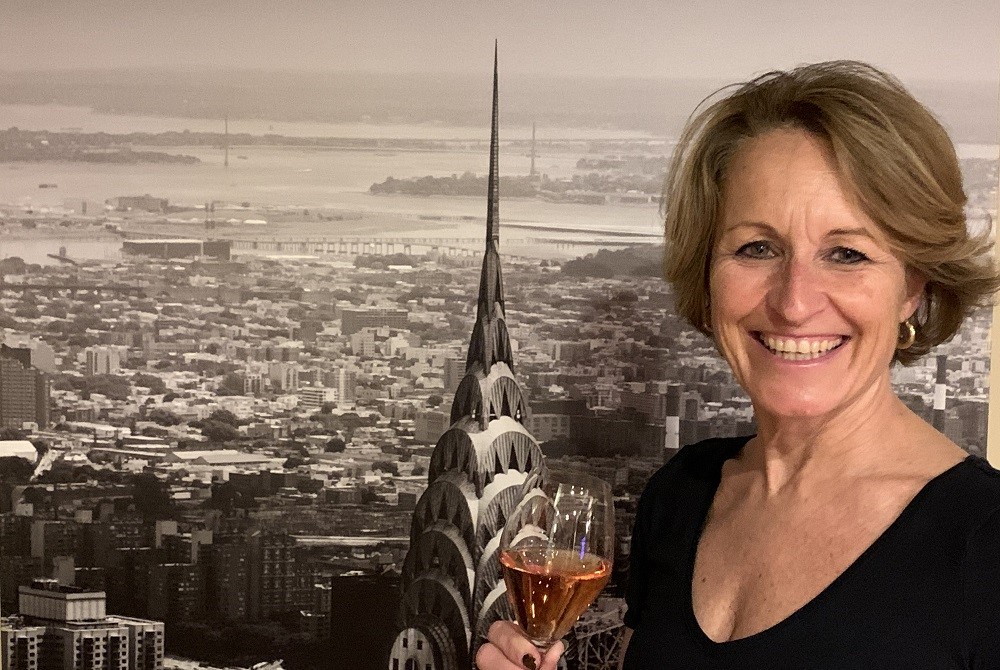 Kim Muollo
Kim Muollo
Pointon says he and Zimny are aiming to roll out more online-only services soon, where they’ll offer their expertise to people wanting only one case rather than a monthly subscription. That could be a handy option if you can’t quite commit – subscriptions start in the $300-$400 bracket, averaging about $25-$30 per bottle.
“Alternatively, wine tastings at your local retail stores are now very accessible,” Atkinson says. Wine clubs – in virtual or actual meetings – are another option. But for those serious about expanding their knowledge, it certainly sounds handy to have a wine expert on the hook, curating to their preferences, filling them in on some more niche varieties, and explaining, for the love of God, the actual differences between a ‘soft’, ‘tart’ and ‘juicy’ finish. Or maybe that last issue is just a problem for me.


